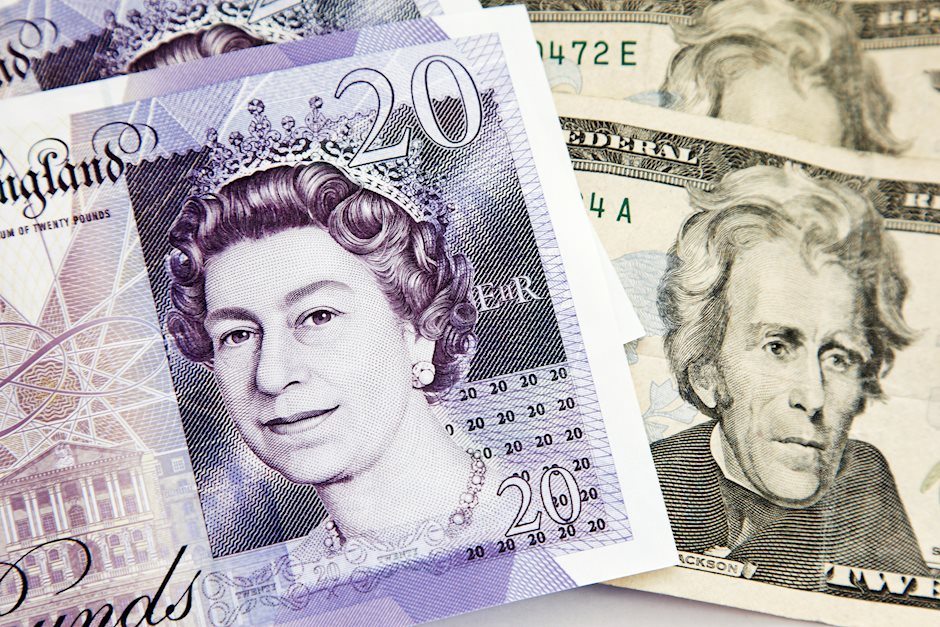GBP/USD reclaims 1.2350 and snaps three days of losses, ahead of US Retail Sales, CPI
- The GBP/USD is rising some 0.33% on Monday, snapping three consecutive days of losses.
- Headwinds for the GBP/USD: a dampened market mood and higher US Treasury yields.
- GBP/USD Price Forecast: Still downward biased but could shift to neutral-downwards.

The British pound recovered some ground despite a risk-off environment in the financial markets, while the DXY reached a 20-year high around 104.187 as market players flew towards safe-haven peers. At the time of writing, the GBP/USD is trading at 1.2373.
Risk sentiment and elevated US Treasury yields boost the greenback
Global equities are trading on the backfoot while rising US Treasury yields underpin the greenback. The sentiment dampened courtesy of China’s slowest exports report in almost two years, a consequence of the Covid-19 zero-tolerance restrictions. The GBP/USD traded at a new YTD low at 1.2260 but bounced off those levels and pushed above the 1.2300 figure, towards current levels. Meanwhile, the US Dollar Index, a gauge of the buck’s value against a basket of its rivals, gains 0.49%, currently at 103.706.
Higher US Treasury yields reaffirm the market's conviction that the Fed would bring inflation to its target and have priced at least 200-bps rate hikes by 2022. Additionally, the US docket would feature Retail Sales, inflation figures, and consumer sentiment later in the week, which could shed some light on Q2 after Q1 GDP contracted to 1.4%.
Some Fed speakers added downward pressure to the major. Atlanta’s Fed President Raphael Bostic expressed that the Fed might go for two, “maybe three” half-point hikes, and then the Fed would assess the economy.
On the UK side, the Bank of England Michael Saunders, one of the three 50-bps dissenters, emphasized his preference to move relatively quickly, and some further tightening may be. However, he added that he might not vote for a half move in the next meetings.
GBP/USD Price Forecast: Technical outlook
The GBP/USD remains downward biased, but Monday’s price action might be a prelude to a lateral move before resuming the downtrend or shifting upwards. It is worth noting that the MACD’s histogram prints a positive divergence compared to lower lows in the major’s price action, which means that the GBP/USD might record another leg-up before recording lower price levels.
Upwards, the GBP/USD first resistance would be 1.2400. Break above would expose July 2020 cycle low at 1.2479, followed by the 1.2500 figure. On the other hand, the GBP/USD first support would be the 1.2300 mark. A breach of the latter would expose the YTD low at 1.2260, followed by May 2020 cycle low at 1.2075.
Author

Christian Borjon Valencia
FXStreet
Christian Borjon began his career as a retail trader in 2010, mainly focused on technical analysis and strategies around it. He started as a swing trader, as he used to work in another industry unrelated to the financial markets.


















